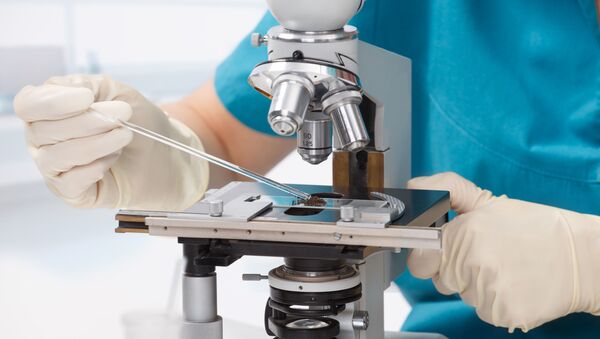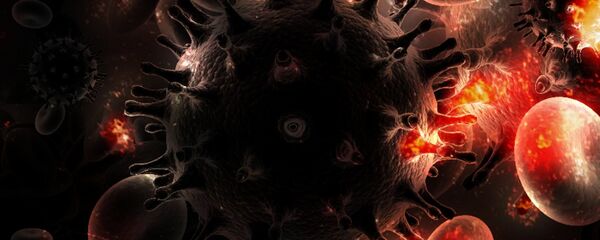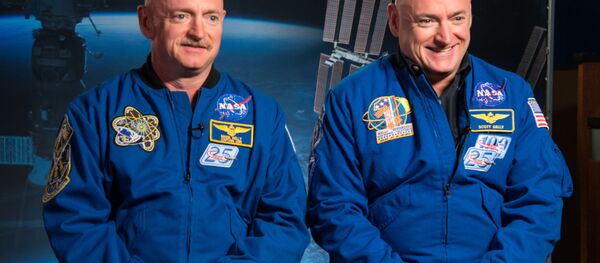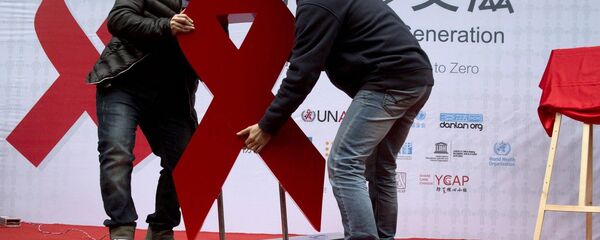The revolutionary new gene therapy was developed in tandem between St. Jude Children's Research Hospital in Memphis, Tennessee, and the University of California San Francisco (UCSF) Benioff Children's Hospital, and the results were published in the New England Journal of Medicine on Thursday.
Based on a study of eight children that began when they were infants, the doctors found that by editing a portion of the patients' blood stem cells and adding a genetically modified HIV virus, seven of them were able to develop normal immune systems that could fight infections and even receive vaccines, something they hadn't been able to do previously. The procedure took between six and 24 months to be fully effective.
The children were all born with severe combined immunodeficiency syndrome (SCID), a genetic defect in which the bone marrow, which is the body's blood cell factory, fails to produce functional immune system cells able to combat infections. It affects 1 in 200,000 newborns, almost exclusively males. Most infants born with SCID will die within a year or two of their birth.
"This therapy has cured the patients," Ewelina Mamcarz, of the St. Jude Department of Bone Marrow Transplantation and Cellular Therapy, said in a Wednesday press release. She noted that more observation is necessary, though.
"These patients are toddlers now, who are responding to vaccinations and have immune systems to make all immune cells they need for protection from infections as they explore the world and live normal lives." Mamcarz noted. "This is a first for patients with SCID-X1."
"While longer follow-up is needed to assess any late effects of treatment, these results suggest most patients treated with this gene therapy will develop a complete durable immune response without side effects," co-author Mort Cowan, a UCSF professor of pediatrics and principal investigator of the trial at the university, noted in the statement.
The nickname "bubble boy" comes from one 1970s Texas family's solution to the disease: keep their son in a protective plastic bubble to protect him from coming into contact with things that might infect him. The boy died at the age of 12 during a bone marrow transplant — then a risky procedure, AP reported.
Doctors had long believed that gene editing held the solution for the problem, but early attempts had a dangerous side-effect: because destroying part of the defective bone marrow is necessary, patients tended to develop leukemia, a cancer of the bone marrow.
It's deeply ironic, then, that salvation from this illness should come in the form of HIV, the virus that causes acquired immunodeficiency syndrome (AIDS), a disease that kills by weakening the body's immune system so that once-minor infections become deadly.
When news of the medical triumph hit Wall Street, stocks in the tiny biotechnology company that's licensed the treatment, Mustang Bio Inc., spiked by 360 percent. Having closed the previous day at $2.66 per share, by 9:40 a.m. shares were selling at $9.74 each. However, when this article went to publication, that enthusiasm had somewhat worn off, declining to about $5.64 per share.
"The data are extraordinary for every single patient," Chief Executive Officer Manny Litchman told the Washington Post Thursday. "It's that compelling nature of the data, in particular for those who don't have a matched sibling donor, that we believe will convince the FDA to do this [approve the treatment]. There is precedent in other rare diseases. We don't think it's crazy at all… We need to be bold, we think it's important to be bold for these kids who need this therapy."






